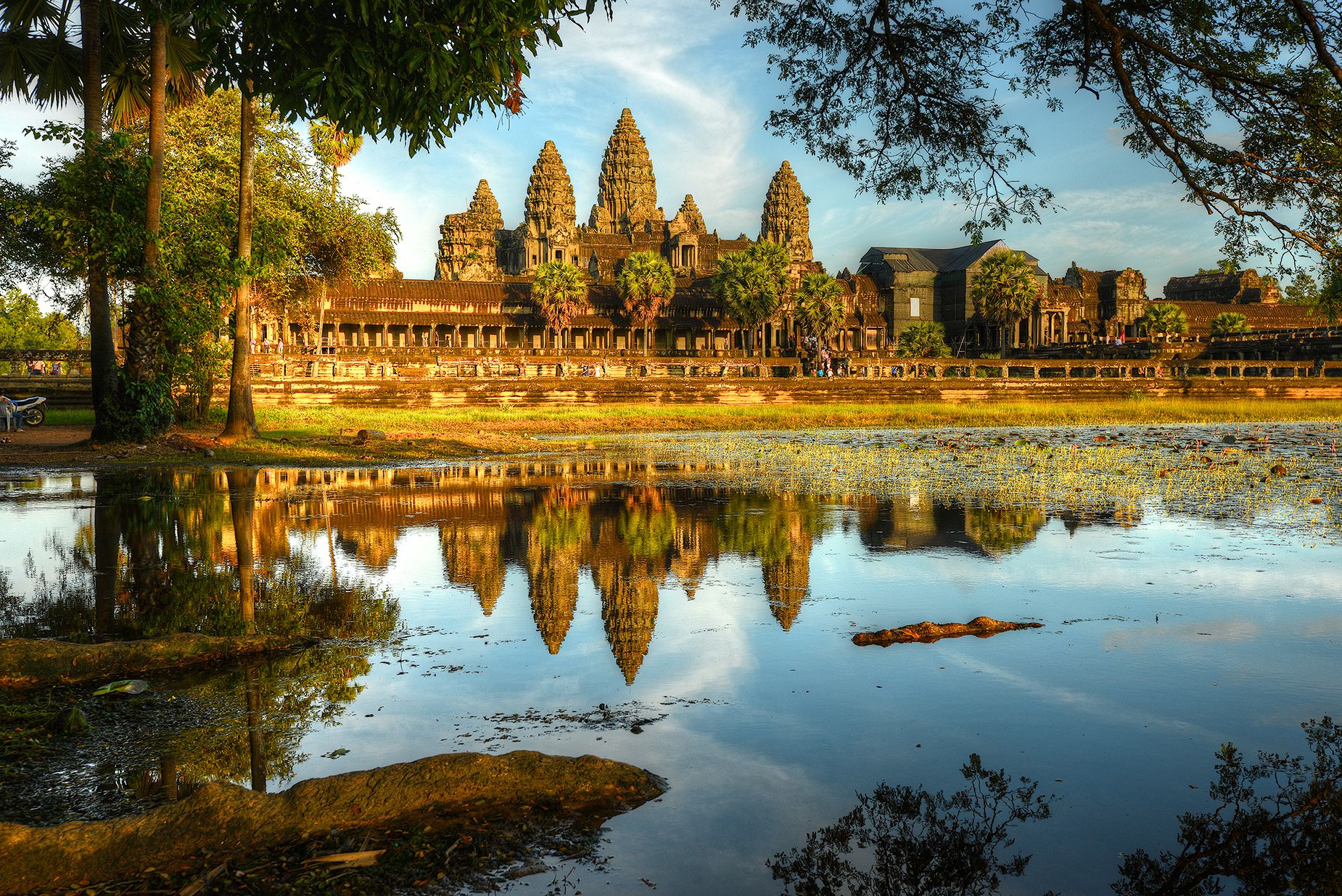Cambodia’s newest and biggest airport opened to commercial operations in the province of Siem Reap in the country’s northwest this week.
The China-funded Siem Reap-Angkor International Airport is now the main gateway to one of the country’s most popular tourist sites, the UNESCO-listed Angkor Archaeological Complex.
On Monday morning, a flight operated by Thailand’s Bangkok Airways was the first to land at the new airport, which is located about 40 kilometers (25 miles) away from the protected area.
Using the International Air Transport Association-designated code SAI, it replaces Siem Reap International Airport (REP), which first opened in 1932 and is only a few kilometers away from the Angkor complex.
The new airport, funded by China as part of its Belt and Road Initiative at a cost of about $1.1 billion, was designed to initially handle 7 million passengers a year – 2 million more than REP – and has a 3,600-meter-long runway.
According to the Economic and Commercial Office of the Chinese Embassy in Cambodia, it’s the first overseas international airport to be constructed under a “Build-Operate-Transfer” model by Chinese enterprises and is operated and managed by the Yunnan Aviation Industry Investment Group. Designated a “4E airport,” it can accommodate larger commercial planes, including many of those used on global long-haul routes.
Construction began in 2020, with the airport design reportedly inspired by the traditional Cambodian architecture style. The official airport website offers minimal information on available services, shops and restaurants at the new facility, however, it does provide a full schedule of departing and arriving flights.

Recent data released by Cambodia’s Ministry of Tourism reveals the country received 3.5 million international tourists in the first eight months of 2023.
That’s an increase of 250.8% over the same period last year, but a decrease of 19.7% over 2019, before the country closed its borders because of the pandemic. Cambodia relaxed its Covid entry restrictions and reopened to tourists in March 2022. The country is on track to receive approximately 4.5 to five million international tourists by the end of this year, says the ministry.
Many of those visitors head to Siem Reap to experience the Angkor complex, which is one of the most important archaeological sites in Southeast Asia, according to the UNESCO inscription.
Stretching over 400 square kilometers, the park contains the remains of the different capitals of the Khmer Empire, from the 9th to the 15th century. But only a handful of its sites – namely Angkor Wat, Angkor Thom and the Bayon – receive the bulk of tourist traffic.
© OfficialAffairs